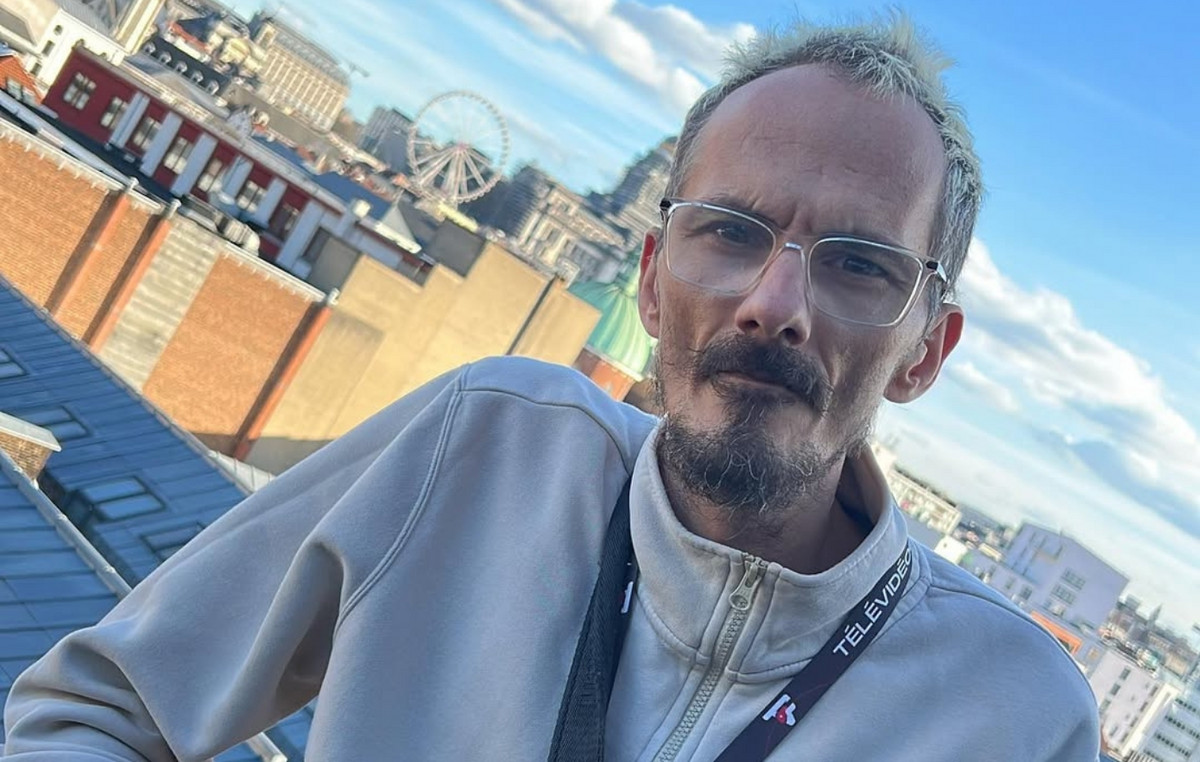The world’s wealthiest residents have gotten even richer, much faster than everyone else over the past two years.
The richest 1% captured nearly twice as much wealth as the rest of the world during that period, according to Oxfam’s annual inequality report, released on Sunday. Their wealth increased by $26 trillion, while the poorest 99% saw their net worth increase by just $16 trillion.
And the accumulation of wealth by the super-rich has accelerated during the pandemic. Looking back over the past decade, they captured just half of all new wealth created, compared with two-thirds in recent years.
The report, which is based on data compiled by Forbes, was timed to coincide with the start of the World Economic Forum’s annual meeting in Davos, Switzerland, an elite gathering of some of the world’s richest people and leaders.
Meanwhile, many of the less fortunate are struggling. About 1.7 billion workers live in countries where inflation outpaces wages. And poverty reduction likely stalled last year after the number of the global poor soared in 2020.
“While ordinary people are making daily sacrifices on essentials like food, the super-rich have outgrown even their wildest dreams,” said Gabriela Bucher, Executive Director of Oxfam International. “Just two years later, this decade is shaping up to be the best for billionaires – a ’20s boom for the world’s richest.”
billionaire fortunes
While their wealth has dwindled a bit over the past year, global billionaires are still much richer than they were at the start of the pandemic.
His net worth totals $11.9 trillion, according to Oxfam. While it’s down nearly $2 trillion from the end of 2021, it’s still well above the $8.6 trillion that billionaires had in March 2020.
The rich are benefiting from three trends, said Nabil Ahmed, director of economic justice at Oxfam America.
At the start of the pandemic, global governments, particularly the richest countries, poured trillions of dollars into their economies to prevent a meltdown. This sent stocks and other assets skyrocketing in value.
“A lot of that new money ended up with the ultra-rich, who were able to take advantage of this stock market surge, this asset boom,” said Ahmed. “And the fair taxation barriers were not in place.”
In addition, many companies have performed well in recent years. Some 95 food and energy companies more than doubled their profits in 2022, Oxfam said, with inflation soaring prices. Much of that money was paid out to shareholders.
In addition, long-term trends of loss of workers’ rights and greater market concentration are increasing inequality.
On the other hand, global poverty soared at the start of the pandemic. While some progress in reducing poverty has been made since then, it is expected to stall in 2022, in part because of the war in Ukraine, which has exacerbated high food and energy prices, according to World Bank data cited by Oxfam.
It is the first time that extreme wealth and extreme poverty have risen simultaneously in 25 years, Oxfam said.
tax the rich
To tackle this growing inequality, Oxfam is calling on governments to raise taxes on their wealthiest residents.
He proposes introducing flat wealth taxes and windfall taxes to end profit from global crises, as well as permanently raising taxes on the richest 1% of residents to at least 60% of their labor and capital income. .
Oxfam believes that rates for the richest 1% should be high enough to significantly reduce their numbers and wealth. Funds must then be redistributed.
“We face an extreme crisis of wealth concentration,” said Ahmed. “And it’s important first of all, I think, to recognize that it’s not inevitable. A strategic precondition for controlling extreme inequality is to tax the ultra-rich.”
The group, however, faces an uphill battle. Some 11 countries have cut taxes on the rich during the pandemic. And efforts to raise taxes on the rich failed in the US Congress in 2021, even though Democrats controlled both chambers and the White House.
Source: CNN Brasil
A journalist with over 7 years of experience in the news industry, currently working at World Stock Market as an author for the Entertainment section and also contributing to the Economics or finance section on a part-time basis. Has a passion for Entertainment and fashion topics, and has put in a lot of research and effort to provide accurate information to readers.







